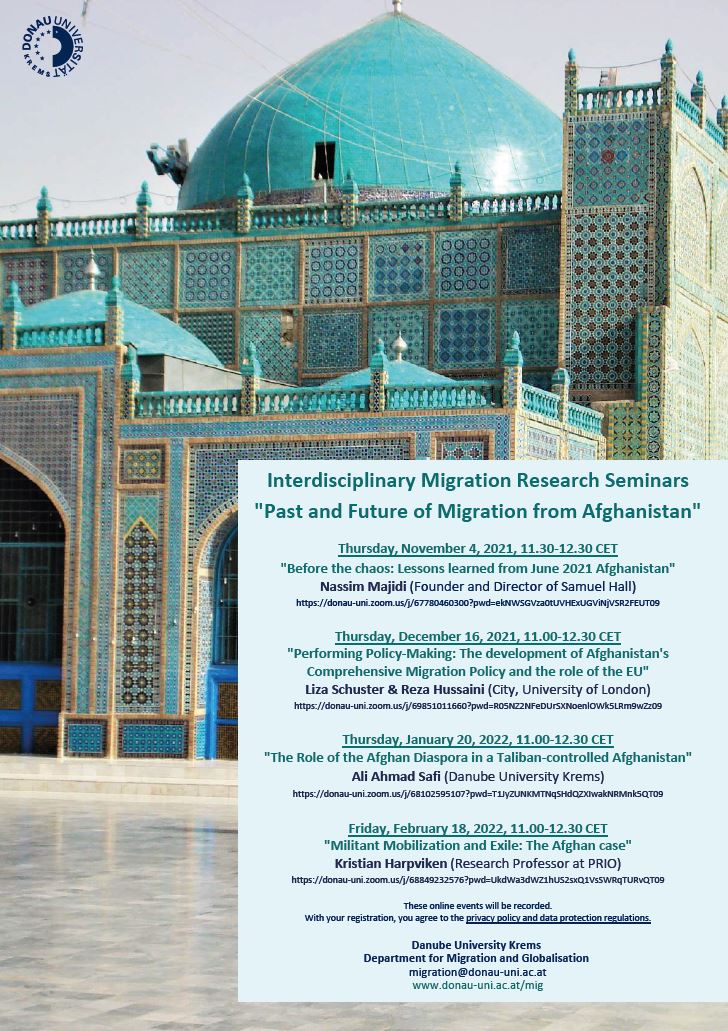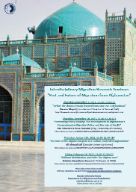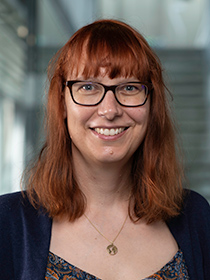Am 20. Jänner 2022 um 11:00 Uhr veranstaltet das Department für Migration und Globalisierung das Interdisciplinary Migration Research Seminar "The Role of the Afghan Diaspora in a Taliban-controlled Afghanistan" online über Zoom.
Termin:
- 20.01.2022 um 11:00 - 12:30 Uhr - Anmeldung hier
"The Role of the Afghan Diaspora in a Taliban-controlled Afghanistan" (Ali Ahmad Safi)
Abstract
On the 15th of August, the Taliban regained power after the U.S. forces pulled out their last soldier from Afghanistan. The takeover of Afghanistan by the Taliban insurgents in just over a week added a new complexity to the country’s protracted forced migratory history. Like the rest of international community and people inside Afghanistan, the Afghan diaspora felt numbed watching the events unfolding in their country of origin where they had emotional and psychological ties. Since the Taliban takeover and even before that, the Afghan diaspora have intensified their actions to engage in socio-cultural and economic activities as well as to contribute to Afghanistan’s political landscape in what Anderson (1992) has termed it “long-distance nationalism”. Due to the Afghan diaspora heavy engagement under the former government, their role has been viewed as extremist perpetrators of Afghanistan in the fragile post-conflict settings. They have also been key agents of development and democratization in the past two decades. The Afghan diaspora engaged socially in addition to providing an economic lifeline for the people through fundraising campaigns and personal financial support. Based on World Bank data in 2020 for example, Afghanistan received nearly 800 million USD in the form of remittances, which made 4% of the country’s total GDP. Since the takeover, many Afghan diasporas have advocated against the recognition of the Taliban government by the western world as one of their mainstream activities. They have expressed it through demonstrations, writing letters, engaging with hosting nations’ political and financial institutions, lobbying and in interactions with media.
About the speaker
Ali Ahmad Safi is a PhD candidate at the Department for Migration and Globalisation at the Danube University Krems, Austria. He received his Master’s degree in Peace and Conflict Studies from the European Peace University. Since 2015, SAFI has also been working as a consultant with the Vienna Institute for International Dialogue and Cooperation in Vienna where he lives. As a trained doctor, he has also worked in various international research and media organisations and has published extensively on political, security and social issues in Afghanistan. His research areas include migration, diaspora, diaspora organisations, and non-state security actors in Afghanistan.

Kontakt
Ali Ahmad Safi, MA
Mehr Informationen

